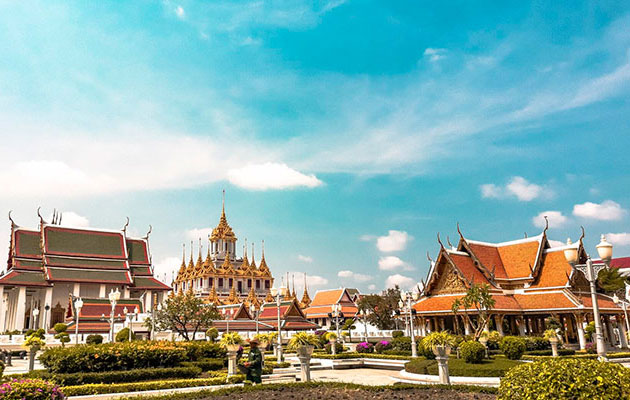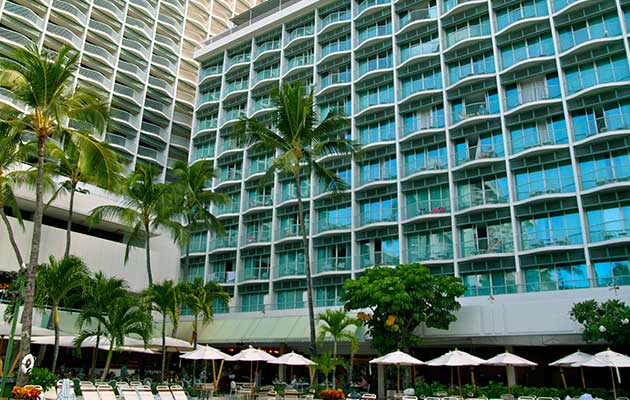-
Articles
Courting a positive attitude to Arbitration in Thailand
Thailand has had a very mixed relationship with arbitration. Initially being seen as a pro-arbitration jurisdiction, arbitration was included in the Civil Procedure Code of 1934 and Thailand was one of the first countries to ratify the New York Convention in the late 1950s . However, over the course of time, Thailand came to be widely regarded as a State where arbitration was viewed with extreme caution by both the private and public sectors; to the extent that, in the early 2000s, it seemed that successive governments would almost do anything to avoid an adverse arbitration award.
In 2004, a Cabinet Resolution placed restrictions on the inclusion of arbitration agreements in government concession agreements. This anti-arbitration position was reinforced by a further Cabinet Resolution in 2009, which placed a prohibition on any arbitration agreements being included in all contracts entered into with the public sector, unless approved by the Cabinet on a case-by-case basis. This negative attitude towards arbitration began to change in 2015 when there was an amendment to the 2009 resolution, which provided that Cabinet approval for the inclusion of arbitration agreements would only be required for three types of contracts, namely Public Private Partnerships; Concession Agreements; and large scale investments involving the public sector.
Concerted attempts have been made to improve Thailand’s image as a competitive centre for arbitration over recent years, e.g. the commencement of operations of the Thai Arbitration Centre (“THAC”) in 2015, which was established by a 2007 Act of Parliament; the Thai Arbitration Institute’s (Office of the Judiciary) (“TAI’s”) continued updating of its rules in 2017, 2019, 2020 and 2021; and the amendment of the Thai Arbitration Act in 2019 to allow foreign arbitrators and representatives to act in arbitral proceedings. Other initiatives, such as the Board of Investment identifying arbitration as a Targeted Industry in 2018 and introducing SMART Visas for arbitrators and representatives also removed some of the difficulties to parties wishing to perform arbitration in Thailand. In October 2022, THAC, in cooperation with the Sports Authority of Thailand, set up the Thailand Court of Arbitration for Sport (“TCAS”) in order to deal with the settlement of sports-related disputes through arbitration and mediation.
This trend of a more positive view towards arbitration in Thailand appears to have continued over the course of 2022, with Thai courts also beginning to demonstrate a refreshingly pro-arbitration stance. This trend is specifically highlighted in two recent cases, both of which involved the enforcement of arbitration awards under the Thai Arbitration Act 2002, which enacts the New York Convention.
The first matter involved the recognition and enforcement of an ICC arbitral award in Thailand under the provisions of the Thai Arbitration Act 2002. Amongst other things, the award provided that the respondent compensate the claimant for all of its legal costs in the arbitration. During enforcement proceedings, the unsuccessful respondent to the award objected to enforcement in Thailand on the grounds that ‘attorneys’ costs’ are excluded by virtue of Section 46 of the Thai Arbitration Act 2002 . Conversely, the claimant argued that submission to the ICC Arbitration Rules conferred authority on the arbitrators to rule on the allocation costs, in accordance with these rules, and that Section 46 of the Thai Arbitration Act 2002 only applied where there was no party agreement on costs. The Thai Court ruled that submission of the dispute to ICC Arbitration Rules duly empowered the tribunal to allocate costs of the arbitration, and demonstrated the parties’ intention to have costs dealt with under those rules. The award was subsequently recognised and enforced as if it was a judgment in accordance with the Thai Arbitration Act.
The second case concerned the enforcement of an award issued by a sole arbitrator in Singapore under the auspices of the Singapore International Arbitration Centre’s (“SIAC”) Arbitration Rules 2016. Although the arbitration agreement in the underlying contract provided for a panel of three arbitrators, the President of the SIAC applied the Expedited Procedure (as he was empowered to do under the 2016 Rules ), and a sole arbitrator was appointed. Although the Thai respondent objected to the Expedited Procedure, it nevertheless participated in the arbitration and an award was subsequently issued in favour of the claimant. After unsuccessful attempts to challenge the award in the Singaporean courts, the respondent attempted to object to the enforcement of the award under the New York Convention in Thai courts, on grounds, amongst other things, that the appointment of a sole arbitrator was in breach of the arbitration agreement agreed by the parties. At first instance, the respondent’s attempts to challenge the award were unsuccessful, however, it appealed the matter to the Supreme Court of Thailand. The Supreme Court of Thailand upheld the lower court’s judgment and dismissed the appeal, stating that the parties’ application of the SIAC rules clearly contemplated the inclusion of the application of Expedited Procedure, which provided for the appointment of a sole arbitrator. The parties’ provision for three arbitrators in their original arbitration agreement was therefore superseded.
Despite the negative perception of arbitration in Thailand in the recent past, legislative improvements and these recent enforcement decisions suggest an increasingly pro-arbitration attitude amongst the Judiciary of Thailand and the government. Although Thailand is a civil jurisdiction and judgments are only persuasive (and various high profile arbitrations involving government entities remain ongoing and continue to cause controversy), it is hoped that these developments and decisions mark the advent of a more favourable attitude towards arbitration within Thailand, and will provide some welcome comfort to foreign investors and counterparties that arbitration can prove to be effective when contracting with Thai parties.
*1 Thailand joined as a member of the New York Convention 1958 on 19 December 1959;
*2 Section 46, paragraph 1 of the Thai Arbitration Act 2002 provides that: “unless otherwise agreed by the parties, the fees and expenses arising out of the arbitral proceedings and the remunerations for an arbitrator, excluding attorney’s fees and expenses, shall be in accordance with that stipulated in the award of the arbitral tribunal.
*3 Rule 5.3 of the SIAC Rules 2016 provides: “By agreeing to arbitration under these Rules, the parties agree that, where arbitral proceedings are conducted in accordance with the Expedited Procedure under this Rule 5, the rules and procedures set forth in Rule 5.2 shall apply even in cases where the arbitration agreement contains contrary terms”.









He is qualified in both England and Wales and Hong Kong, with the ability to provide support in both Chinese and English. He has worked across numerous jurisdictions including London, Hong Kong, Beijing, and Thailand.
James handles large scale arbitrations and alternative dispute resolution of construction related disputes as well as contractual claims. He is a member of the CIArb Thailand Board and delegate to ICC Commission on Arbitration & ADR, as well as a member of ICC Thailand’s National Committee.
James has been involved in a wide range of projects including airports, railways, waste water treatment plants, power stations, LNG and container terminals.
In addition, James has been involved in several high-profile insolvency matters, including the rehabilitation of a Thai low-cost airline, and liquidations of Thai insurance companies following COVID, and as part of a cross-border financial re-structuring matter.